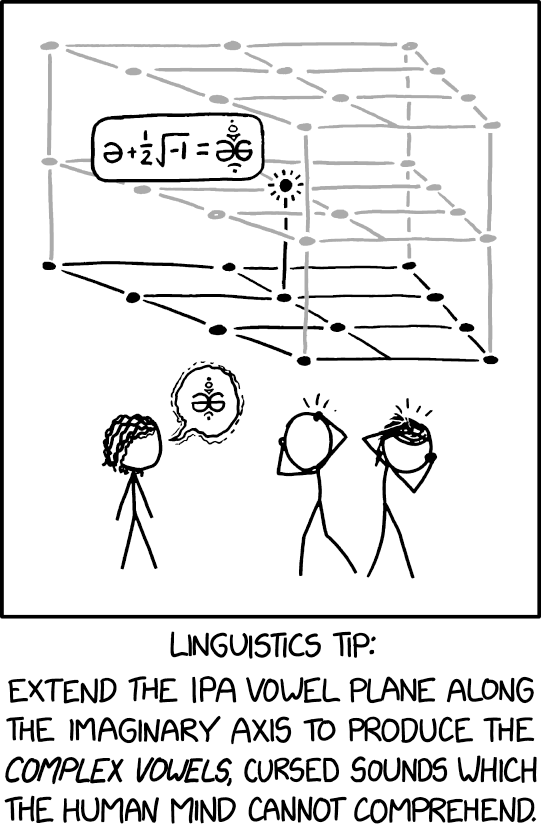More BS from the BBC
Earlier today, Victor Mair was naive enough to believe a BBC "No word for X" story, and spread some of its misinformation in his post "No 'no'". He cited "The language that doesn't use 'no'", by Eileen McDougall, BBC (8/9/22); and at least in the aspect that Victor (and the headline) featured, that article is apparently nonsense. As David Eddyshaw pointed out in a comment on Victor's post, "Kusunda has negatives."
David gave a link to David E. Watters, "Notes on Kusunda Grammar", Himalayan Linguistics 2006. Here's a link to the relevant section of Watters' paper, 5.5.4 Negation.
Read the rest of this entry »




